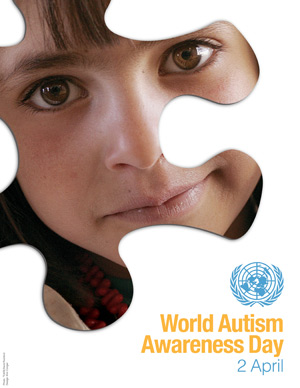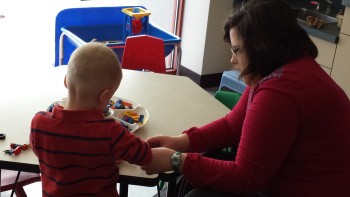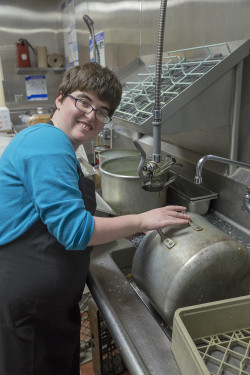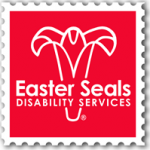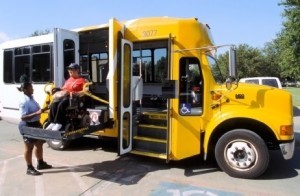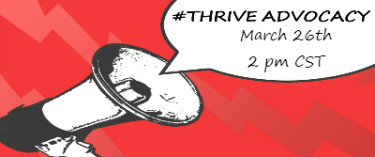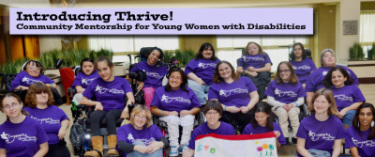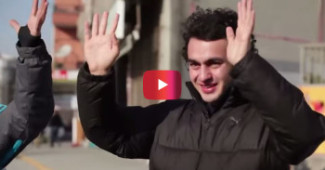by Jed Johnson
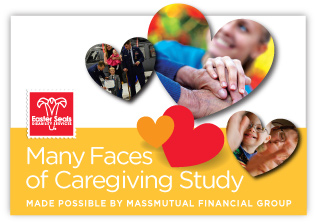 The topic of caregiving isn’t new to Easter Seals. In fact, it’s at the core of everything Easter Seals is about — it’s in our DNA. We’ve always been committed to providing supports and counsel to caregivers to let them know they aren’t alone in what can be a challenging — yet rewarding — experience.
The topic of caregiving isn’t new to Easter Seals. In fact, it’s at the core of everything Easter Seals is about — it’s in our DNA. We’ve always been committed to providing supports and counsel to caregivers to let them know they aren’t alone in what can be a challenging — yet rewarding — experience.
Caregiving has become the “new normal” for 66 million Americans today. Our reputation in responding to the needs of caregivers through high-quality services and supports, as well as through advocacy at the federal and state levels, continues to generate engagement with and support from companies and organizations equally committed to these consumers.
Easter Seals is changing the conversation about caregiving through awareness — building initiatives that promise to enhance our leadership in this space as we continue to impact the lives of caregivers in communities nationwide.
We already know that caregiving looks different for everyone. Whether a young newlywed is taking care of her husband who was injured in war (meet Andrea), a son or daughter taking care of aging or ailing parents, a sibling helping his or her brother or sister with Down syndrome, or a parent taking care of a child with autism or other disabilities, caregiving is pertinent to so many today.
We were able to take a closer look into the lives of caregivers thanks to our partners at MassMutual Financial Group through the Many Faces of Caregiving Study. The study has helped us discover the needs and attitudes of an emerging population of caregivers: Millennials and GenXers. You can check out a snapshot of study results here.
The study results show that caregivers are younger than one might have thought (one-third of Millennials and GenX respondents already identify themselves as caregivers, more than half report providing care on a daily basis) and that overall, we’re not ready to embark on the caregiving journey (70 percent of respondents have not yet had the critical conversation with their families and loved ones about the future as it related to their medical and financial planning).
I want to take this time to recognize our other partners in the caregiving space, too. For example, the CVS Health Foundation shares our commitment to assuring the health and wellness of caregivers as well as others we serve. We’re thrilled to be collaborating with the American Lung Association to leverage their state-of-the-industry Freedom From Smoking® Program starting May 1.
In addition, The University of Illinois at Chicago Family Support Research and Training Center has selected Easter Seals as its partner in a national online dialogue to generate research topics of importance to family caregivers. Join the conversation at FSNeedtoKnow.ideascale.com.
In the military and veterans space, we’re proud that the Department of Veterans Affairs continues to rely on Easter Seals to advance its training for veteran caregivers. To date, 28,000 family caregivers have participated in our multi-modal training options and we’re looking forward to helping many more.
Easter Seals also continues to play a leadership role within the Elizabeth Dole Foundation’s National Coalition for Military Caregivers and, moving forward, will spearhead their Respite Services Council.
Finally, thanks to Newman’s Own Foundation, we’ve been able to host additional webinars is our Easter Seals military/veteran caregiver webinar series — and now in Spanish too — to reach out specifically to the 20 percent of post-9/11 military and veteran caregivers of Hispanic origin!
Visit Easterseals.com/carewebinar to listen to prior sessions and learn about those scheduled in the months ahead.
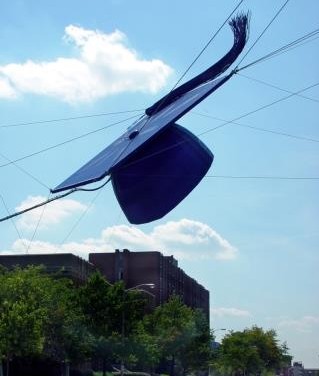 Comcast Corporation is Easter Seals premier media partner – they provide $3 million of PSA air time to support our mission. Together, Comcast and NBCUniversal create and deliver programs that connect people and inspire positive and substantive change in the communities they serve.
Comcast Corporation is Easter Seals premier media partner – they provide $3 million of PSA air time to support our mission. Together, Comcast and NBCUniversal create and deliver programs that connect people and inspire positive and substantive change in the communities they serve.






